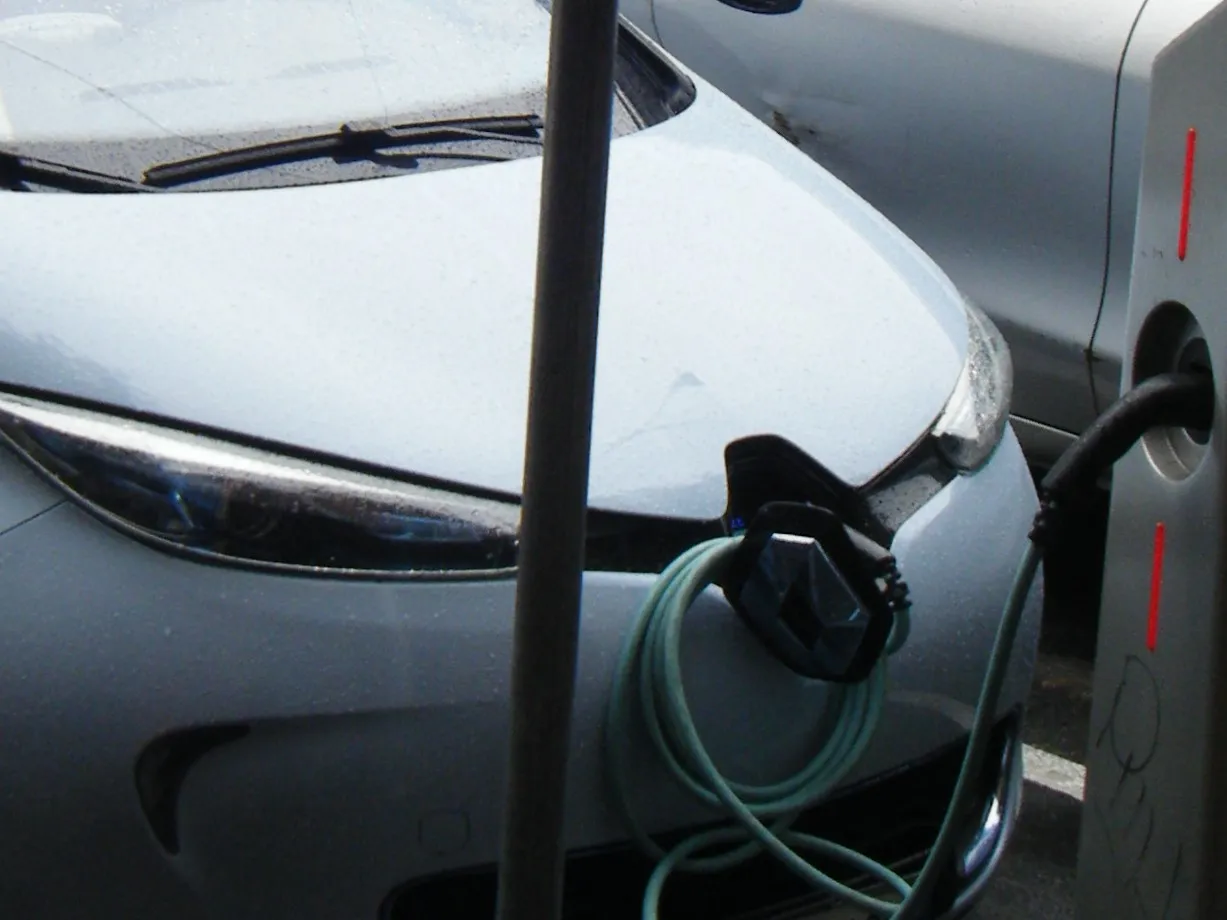
There is concern in the Netherlands over the safety issues posed by EVs. One body, Automotive Insiders, believes that by 2030 there could be an extra 1,400 deaths/year on the road network as EVs proliferate in the country.
The key problem is that EVs are quieter in operation. Pedestrians may step out into the road without looking, relying on listening for the sound of a vehicle approaching. This is a particular issue for those with vision problems who are more reliant on hearing.
Noise generators have been suggested as a solution to the problem. Electric vehicles would be required to make a sound, alerting pedestrians to their approach.
There were 661 road deaths in the Netherlands in 2019, compared with 644 in 2018. And as EVs become more common, it is possible the situation will worsen and unless measures are taken.







